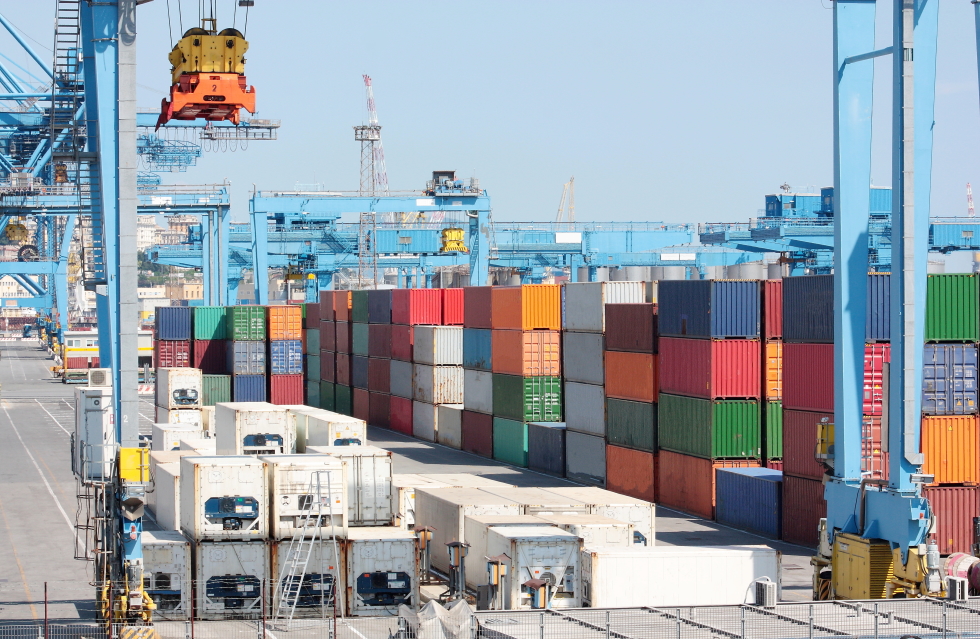Mediterranean Trade: Historical Roots and Modern Dynamics
Explore the pivotal role of Mediterranean trade routes, from ancient Silk Road exchanges to modern economic impacts, shaping global commerce.

The Mediterranean Sea has been central in the global trade narrative for centuries. This vast waterway serves as a physical barrier between continents and a dynamic bridge facilitating trade, cultural exchanges, and economic development from North Africa to Europe and the Middle East. Today, we delve into the Mediterranean trade's current dynamics and historical context, examining its pivotal role in shaping the region’s economic landscape.
Historical Overview of Mediterranean Trade Routes
The history of the Mediterranean is rich with tales of merchant ships navigating its blue waters, carrying goods from far and wide. Historically, Mediterranean trade routes were vital for commerce and culture, linking ancient civilizations such as the Phoenicians, Greeks, and Romans. These routes facilitated the exchange of goods like silk, spices, and textiles, allowing for the flow of ideas, technology, and culture across continents.
The Influence of the Silk Road
The Silk Road was instrumental in integrating the Mediterranean into a broader trade network from China to Europe. This connection highlights the Mediterranean’s crucial role in the historical global trade networks. For example, during the height of the Silk Road, Mediterranean ports saw the arrival of luxurious silks and spices, which were then traded for European goods like glassware and wine.
Mediterranean Trade Portfolio
The economic tapestry of the Mediterranean is intricately woven with a diverse array of traded goods, from agricultural produce to sophisticated manufactured items, showcasing the region's rich economic diversity.
Agricultural Goods
Mediterranean countries export significant agricultural products, benefiting from the region’s favourable climate. For example, Spain and Italy are leading exporters of olive oil, with Spain alone producing about 44% of the world's supply. Citrus fruits are another major export, with the Mediterranean region accounting for over 20% of global exports.
Manufactured Goods
The region also excels in manufacturing, with goods ranging from Italian luxury fashion items to Turkish home appliances. Italy's fashion industry, for instance, contributes approximately €90 billion to the country's GDP annually, representing a significant portion of global luxury goods sales.
Energy Resources
Countries like Algeria and Libya are pivotal players in the energy sector, exporting oil and natural gas to European markets. For example, Algeria exported about 54 billion cubic meters of natural gas to Europe in 2019, making it one of the continent's top suppliers.
Technological Products
Technology is an emerging sector in the Mediterranean trade portfolio. Israel, known as the "Startup Nation," has one of the highest numbers of startups per capita in the world, and its exports of high-tech products and services totaled $23 billion in 2018.
Cultural Products
The Mediterranean also exports a variety of cultural products, which include Greek marble and Egyptian antiquities. These goods are not only economically valuable but also carry cultural significance, enhancing the soft power of these nations. Greek marble, for example, has been used in various iconic structures worldwide and remains a sought-after material for historical and luxury projects.

The Silk Road Mediterranean in the 21st Century
The revival of the Silk Road, through initiatives like China's Belt and Road Initiative (BRI), has reinvigorated interest in Mediterranean trade routes. The BRI aims to enhance trade links between Asia and Europe, positioning Mediterranean ports as critical hubs in this renewed trade corridor.
- Infrastructure Development: Investments are being funneled into port infrastructure to accommodate the increasing trade volumes. For example, the expansion of Piraeus port in Greece has enabled it to handle an annual throughput of over 5 million TEU, making it one of the busiest ports in Europe.
- Economic Partnerships: The BRI has fostered new economic partnerships, opening up markets for Mediterranean countries in Asia. Trade between Mediterranean countries and China has substantially increased, with China now being one of the top trading partners for several Mediterranean countries.
The Future of Mediterranean Trade
Mediterranean trade is poised to expand further as global trade dynamics evolve. The region’s strategic location and rich history as a trade nexus will continue to play a crucial role in its economic trajectory. Platforms like Export Portal offer innovative solutions for businesses navigating the complexities of international trade, providing tools and resources that facilitate easier and more efficient trade operations.
With its deep-rooted history and modern significance, Mediterranean trade remains a cornerstone of regional and global economic activity. As it adapts to the changing landscapes of global commerce, its role as a trade hub is set to strengthen, bridging markets and cultures as it has for millennia.






Comments 0